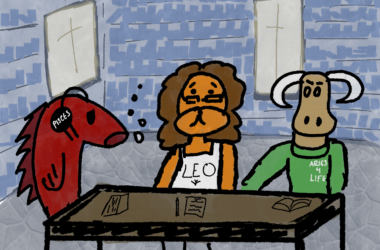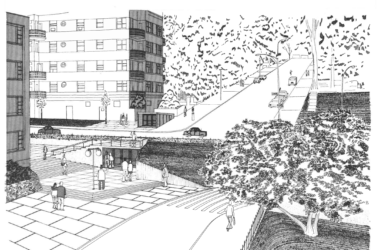You’ve probably noticed that as your computer gets older, it seems to slow down. While it is true that newer computers are faster, this is no reason for your older computer to be any slower than the first day you got it. Here are a number of steps that can keep your computer functioning like it’s brand new.
Fragmentation
After a while, most files become fragmented – and split into parts – which can start to visibly affect performance. There are tools called disk defragmenters that will solve this problem. A disk defragmenter will analyze your hard drive and try to put the pieces of the puzzle back into one big picture. Defraggler is a disk defragmenter that provides a nice, simple-to-use interface. You should defragment your hard drive at least once a month to make your computer perform a bit quicker.
Your Internet browser is caching in
Web browsers are lazy. If you visit a website, it doesn’t want to have to re-download all of the components of the page, so instead, it saves the page contents on your computer. Then when you re-visit the page, it just shows you the old contents (don’t worry, it checks if the website has changed or not). This information is stored, along with saved passwords and history, in the cache. You can recover this space using a utility called Ccleaner. Ccleaner will clean up your internet cache and your trash can (only the one on your computer, unfortunately), and a few other space hoggers.
Memory ain’t what it used to be
Every program uses memory and needs to reserve its own memory space, even if it won’t necessarily use it. If your computer is strapped for memory, you don’t want programs to reserve memory that they aren’t going to use. A utility called cleanmem will automatically look at the program’s running and take back some memory from those processes.
Old computer, old programs
Unused and non-essential programs can slow down your machine, so remove them to free up hard disk space. But using the program’s uninstaller doesn’t always remove everything. Using a program such as Revo Uninstaller will remove every trace of the program, to get every bit of space back. If it takes more than a minute for your computer to turn on, you’re probably starting up non-essential programs with your computer. You can control which programs start up when you logon using an application called Autoruns.
In the lightweight division…
While utilities like Adobe PDF viewer and Photoshop are nice, they use a large amount of disk space, memory, and CPU resources. Installing less resource-intensive alternatives can make your computer more efficient. Consider using Foxit Reader for PDFs, or GIMP instead of Photoshop. If you’re wondering if a program is hogging resources, a Google search should reveal the answer, and can be used to find any “lightweight” alternatives.
Computers can get sick too
With such a large array of threats ready to wreak havoc – including viruses, spyware, trojans, worms, and keyloogers – you need to be ready for anything to attack your computer. Fortunately, there are programs that will take care of this. In the free anti-virus category, Avira, AVG, and Avast have emerged as favourites (although there are dozens of others). For removal of spyware, adware, and trojans, Ad–Aware free version does an excellent job. Alternatives include Super Antispyware, Spybot Search&Destroy, and MalwareBytes Anti-Malware.
New life
If all else fails, try reinstalling the operating system. This will return your computer to its brand-new state (but also remove all of your data and settings, so backup!). You can re-install the operating system that came with the computer, or consider switching to an alternative. Linux distributions are free and tend to run more efficiently than Windows and Mac operating systems. The most popular distribution, Ubuntu, features a pleasant graphical interface, and performs all of the same functions as Windows.








